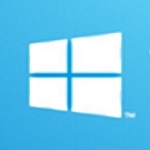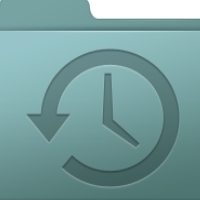
Is Windows 8 Worth the Upgrade?
By Leo Notenboom
Windows 8 has caused a fair amount of excitement on the interwebs and some of it seems to be fairly polarized – there are those who already love it and those who can’t stand it, often without having even seen it in person.
It’s not surprising really because Windows 8 represents a fairly radical change in some of Windows’ most common user interfaces.
Should you upgrade? Well, that gets you my most common answer ever:
It depends.
System Requirements
Make sure your system meets the minimum requirements for Windows 8 before you even think about it.
Microsoft lists those requirements as:
•Processor: 1 gigahertz (GHz) or faster with support for PAE, NX, and SSE2
•RAM: 1 gigabyte (GB) (32-bit) or 2 GB (64-bit)
•Hard disk space: 16 GB (32-bit) or 20 GB (64-bit)
•Graphics card: Microsoft DirectX 9 graphics device with WDDM driver
To automatically check if your system meets these requirements, you can run Microsoft’s Windows 8 Upgrade Assistant.
As with most minimum requirements, they are indeed a minimum. In practice, a faster CPU, more RAM, a larger hard drive and a more powerful graphics card help make the Windows 8 experience something better than “minimum”.
If you hate Windows 7, Windows 8 won’t help
I’ve already had at least one question asking if Outlook Express would be present in Windows 8.
No.
Windows 8 is most definitely built on Windows 7 and only moves forward from that point.
If you’re a Windows XP user and you’ve reacted negatively to Windows 7 – whether you’re using it or not – Windows 8 isn’t going co change your mind. The types of changes that are present in the Windows XP to 7 transition are still there, with even more in the Windows 8 transition.
Sorry, but if you dislike Windows 7, my bet is that you’ll hate Windows 8.
Read the rest of the story here..
This post is excerpted with permission from Leo Notenboom.



